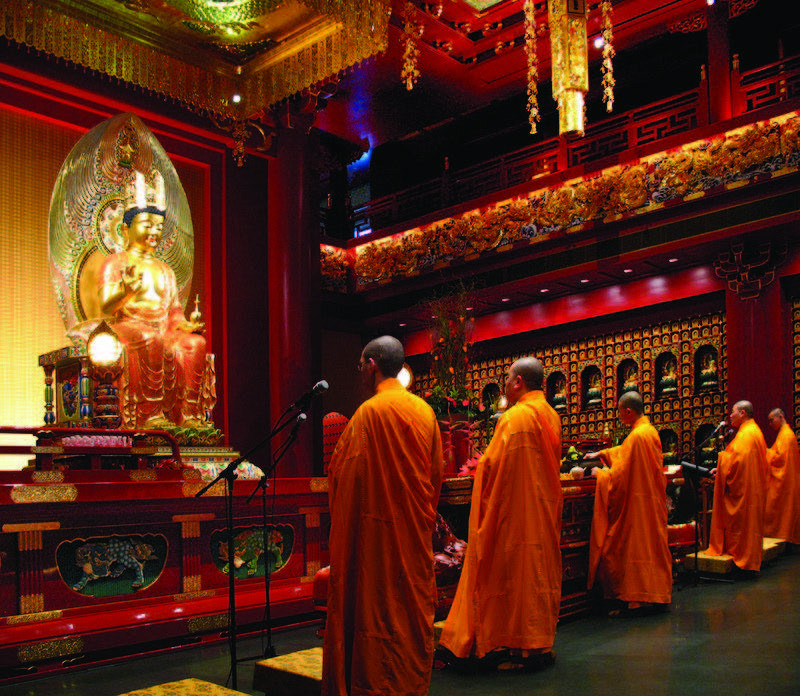
Facing disease and death, many in China have found solace in Buddhist teachings and practices during the pandemic, while the state has been careful to curb large gatherings at religious places, possibly not only for health reasons but also because of their potential for sparking criticism of the state’s handling of the crisis. In a special report for the Georgetown University website Religion & Diplomacy, Yoshiko Ashiwa and David L. Wank note that Buddhist temples are managed by the state-approved Buddhist Association of China (BAC), which is charged with ensuring that Buddhist groups are patriotic, serve the needs of society as defined by the Communist Party of China (CPC), and cooperate in the state’s soft-power promotion of Buddhism. As everywhere, the pandemic has fostered religious rituals online. Performance of rituals for the dead was conducted online, which was made easier because of the development of many temple websites a decade ago in order to reach younger generations.

Source: William Cho, 2007 | Flickr.
However, much online worship is organized outside of the control of Buddhist associations, through networks on social media and chat platforms, which are not encouraged by the state and. the BAC. On the other hand, the authors remark that online rituals also prevented physical gatherings that could have led to criticism of the state’s handling of the situation. Access to religious places was restricted during the Tomb Sweeping Festival last in April 2020 despite an easing of the lockdown at that time, since the gatherings might have led to a blaming of authorities for the loss of loved ones. These were replaced by a national moment of silence of three minutes to mourn the dead. “This is a moment of the state taking the role of popular custom and belief in grieving and remembering those who died in a national public health [crisis],” the authors write. Even in a time of the pandemic, the Chinese authorities have not forgotten to use Buddhism for supporting China’s soft power, for instance through the joint organization of ceremonies by the BAC and Buddhist communities abroad to send blessings to people affected by Covid-19. Charitable activities by Buddhist groups have also been encouraged by the state (such as donations of masks or food domestically, or medical assistance sent by Chinese Buddhists abroad at a later stage of the pandemic).
(Religion & Diplomacy, https://religionanddiplomacy.org/2020/04/20/special-report-impact-ofcovid-19-on-chinese-buddhism-and-soft-power/)